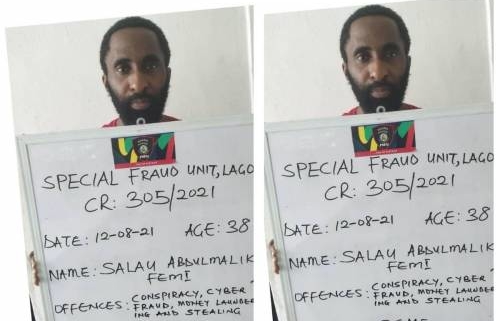Nigerian press zones in on circulation of newly redesigned banknotes, others –
The report that the newly redesigned naira notes will go into circulation today with Deposit Money Banks releasing the bills to their customers via over-the-counter payments dominates the headlines of Nigerian newspapers on Thursday.The Punch reports that the newly redesigned naira notes will go into circulation on Thursday (today) with Deposit Money Banks releasing the bills to their customers via over-the-counter payments.
This came about three weeks after the President Muhammadu Buhari, unveiled the new bills at a weekly Federal Executive Council meeting in Aso Rock Villa.
The President unveiled the redesigned notes across the N200, N500 and N1,000 denominations.
The Governor, Central Bank of Nigeria, Godwin Emefiele, had in October announced that apex bank would release re-designed naira notes by December 15, 2022.
He also disclosed that the old notes would cease to be regarded as legal tender by January 31, 2023.
Emefiele pointed out that the redesigning of the naira notes would help to curb counterfeit notes, and reduce ransom payments to terrorists and kidnappers.
The CBN boss said it was worrisome that 85 per cent of the total currency in circulation was being hoarded by Nigerians.
As such, he said the redesigning of the local currency would help to mop up the currency outside the banking sector, adding that out of about N3.3tn in circulation, close to N2.75tn were outside the banking sector.
The newspaper says that Nigeria lost 619.7 million barrels of crude oil valued at $46.16bn or N16.25tn in 12 years, from 2009 to 2020, the Nigeria Extractive Industries Transparency Initiative, has said.
It disclosed this in a statement issued by its Head, Communications and Advocacy, Obiageli Onuorah.
It also welcomed the decision of the Federal Government to set up a Special Investigative Panel on Oil Theft and Losses in Nigeria, describing it as bold, courageous and timely, given the havoc the menace had wrecked in oil production and the country’s revenue generation.
Nigeria’s crude oil losses, according to NEITI, were basically from theft and sabotage, according to information and data provided by an average of eight companies covered by NEITI’s process over the…





